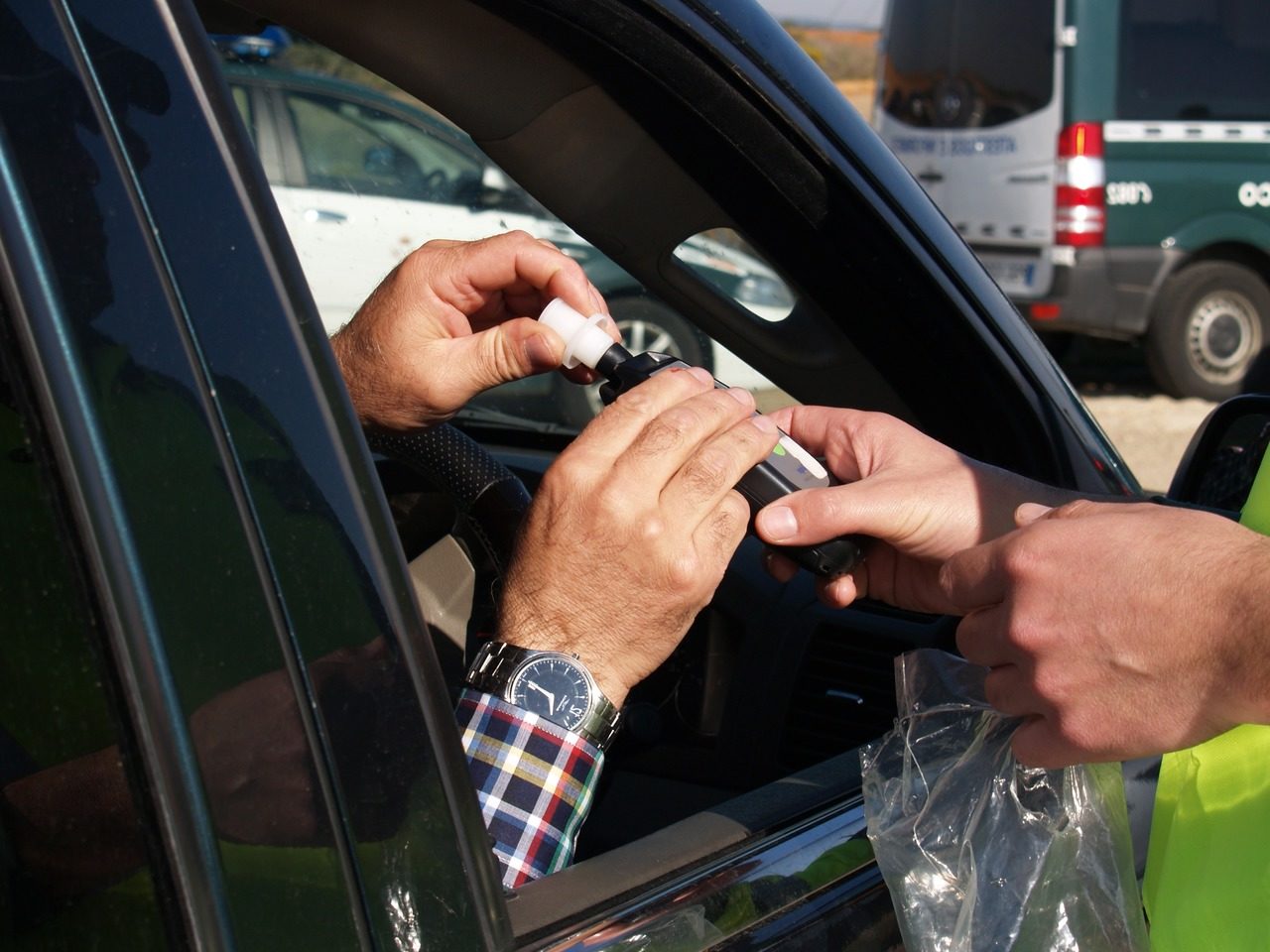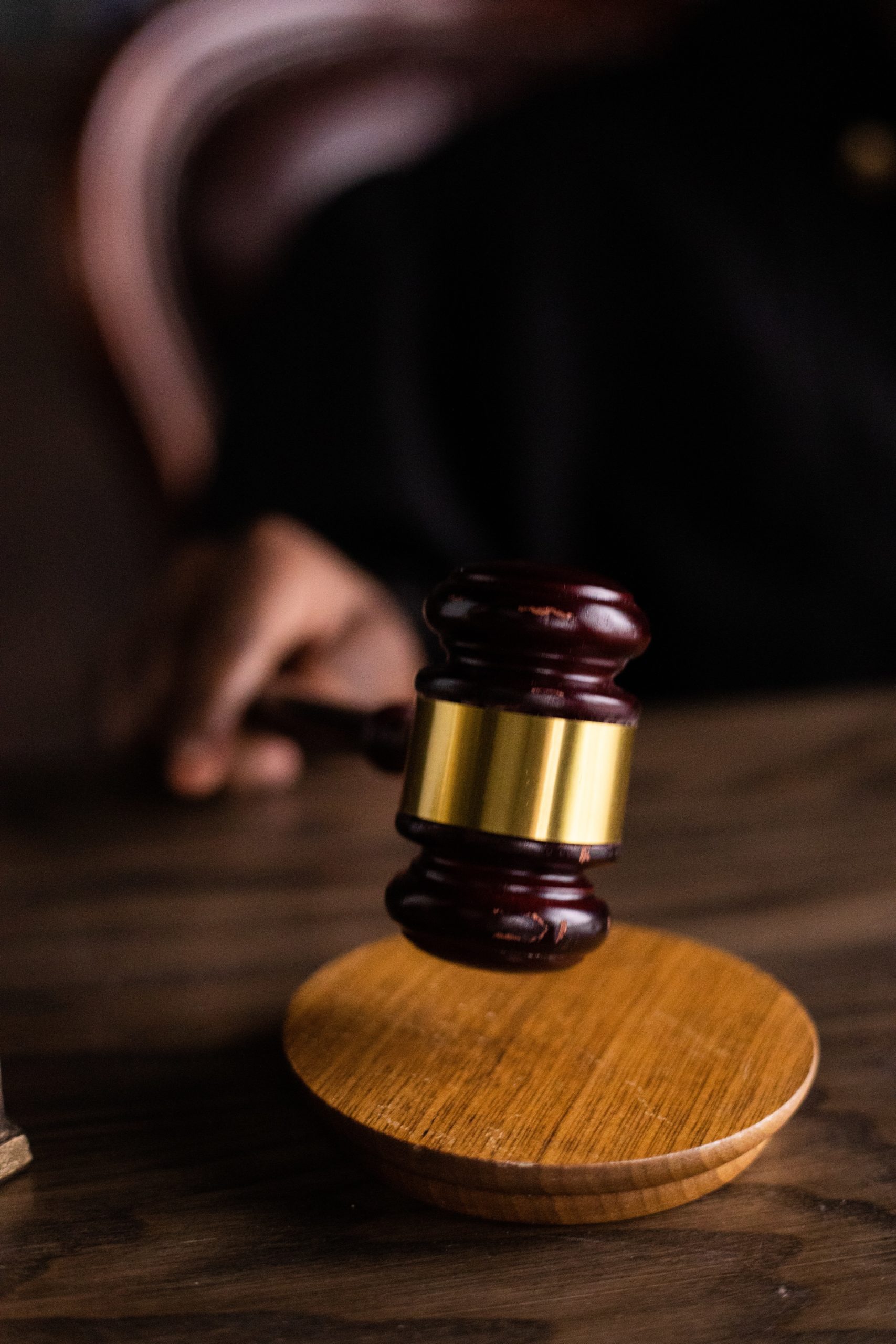Here’s Why Cancelling Your Car Insurance Is A Terrible Idea
If you don’t have insurance and are hit by an uninsured driver, your medical care won’t be covered, and neither will the repairs to your car.
If you don’t have insurance and are hit by an uninsured driver, your medical care won’t be covered, and neither will the repairs to your car.
By H&H Admin
South Africans have a culture of driving under the influence of alcohol which often leads to serious damage to property, injury, death and imprisonment and many people.
Sadly, drinking and driving during the festive season, has become a norm in South Africa, resulting in members of the South African Police Service (“SAPS”) ruthlessly implementing the law and frequently conducting road blocks during this period.
Yes it is. Section 65 of the National Road Traffic Act 93 of 1996 (the “NRA”’) sets out the legal limits and prohibitions for driving whilst under the influence of alcohol. It stipulates that no one shall drive or even occupythe driver’s seat of a motor vehicle on a public road if they are over the legal limit.
In terms of the NRA, no person shall operate a motor vehicle whilst having more than 0.05 gram per 100ml in their blood. When being breathalysed not more than 0.24mg per 1,000ml, however Parliament plans on changing the laws by this December to zero alcohol in a person’s blood.

A law enforcement official, (a member of SAPS or Metropolitan Police), has the discretion to choose whether they want to use a breathalyser or not.
If you are breathalysed or if it is clear that you are under the influence, or are over the limit, you will be arrested. You must furnish your details to the law enforcer. Should you give false information, you will have further charges to your name.
Once you have been arrested, the officer will take you into custody. In terms of Section 37, you cannot refuse permission for a blood test to be taken, however you are entitled to have your medical practitioner present and you can request to see the sealed needle and syringe when being tested.

Should you refuse to have your blood taken and the office needs to take further measures, a police order, knows as a SAP308, will be handed down. This form is to be completed by the officer and then handed to the medical practitioner present. SAP308 specifically instructs the medical practitioner to determine the alcohol levels. Should the medical practitioner disobey the order, they too can be charged for obstructing the ends of justice.
If a medical practitioner did not receive this order prior to the examination, the touching of, or introduction of a needle into the body will be interpreted as an assault.

However, prior to the medical practitioner conducting the blood testing, he or she will conduct an evaluation to ascertain whether there is sufficient evidence to prove intoxication.
The evaluation includes the accused person’s appearance with particular attention given to:
The onus will be upon your legal representative to argue that you are not over the limit and your conduct is everyday normal behaviour.
Thereafter, a docket will then be opened which will be sent to the investigating officer who will follow up on the results.

You will be detained in a holding cell until you are granted bail or make an appearance in court. This needs to be done within 48 hours. Weekends are not included in the 48 hours so, if you are arrested over a weekend, chances are you will be detained for longer than 48hours. The maximum amount of time you could spend in a holding cell if you are arrested over the weekend is 72 hours.
On the day of your court appearance, the Magistrate will grant bail should he find that it is in the interest of justice. Your bail can be extended or postponed for 7 working days should the magistrate find the need to postpone your bail.

If convicted of drunk driving, you face imprisonment of up to 6 years or a fine. The fine is set at a minimum amount of R2,000.00. You also face the risk of having your driver’s license suspended.
The court has the discretion to hand down a suspend sentence on condition that you do not drink and drive again.
Yes, you will have a criminal record up to 10 years.
It is of vital importance to appoint a specialist drunk driving attorney to ensure that your matter gets argued in such a manner that it will not lead to imprisonment and/or a criminal record.
Source: Burger Huyser Attorneys
The AA is proposing that the 0.05% limit be reduced to 0.02% which is in place in many countries.
Changing traffic laws relating to drink driving is meaningless and will be ineffective if current laws that regulate alcohol and driving are not properly implemented and enforced first. This is the view of the Automobile Association (AA) following the announcement tonight by Transport Minister Fikile Mbalula on the proposed changes to the legal Blood Alcohol Concentration (BAC) limit for drivers to be reduced to zero percent.
The Association says drinking and driving can be more effectively combated by reducing the allowable alcohol limits for drivers, and that the courts should impose tougher sentences on offenders. The current enforcement of drunk drivers will not stop those who regularly exceed the limits because there are simply no consequences for their actions. The AA says a zero BAC limit is not going to change this behaviour.
Reducing the blood alcohol limit to zero will not solve the problem of road deaths in South Africa if it is not supported by a thorough, scientific diagnosis of the problem of drink driving…
– Automobile association
Although South Africa’s current Blood Alcohol Concentration (BAC) limit of 0.05% is not out of line with world standards, the crisis on South Africa’s roads demands a tougher approach. The AA is proposing that the 0.05% limit be reduced to 0.02% which is in place in many countries.

The AA notes that the proposed move to reduce the legal limit to zero does not take into consideration the fact that some medications such as cough syrups may contain alcohol. In these cases drivers may find themselves with criminal records for taking one dose of this medication when it will have no material effect on their driving ability.
“Reducing the blood alcohol limit to zero will not solve the problem of road deaths in South Africa if it is not supported by a thorough, scientific diagnosis of the problem of drink driving with proper statistics which back such a move. Behavioural change is needed to solve this problem and that requires proper enforcement of existing laws, and more intensive education of the dangers of drunk driving, both of which do not currently occur,” says the AA.
It is our view that people who drink and drive will not alter their behaviour because there are no consequences…
– AUTOMOBILE ASSOCIATION
The AA says current analyses of drunk driving in South Africa are fragmented and disparate, with no conclusive findings besides those which call for greater research on the matter, a move the AA supports.
“But we cannot have a situation where the government is guessing to what extent alcohol is a contributor of road deaths with no actual plan to deal with the road safety crisis in South Africa as a whole other than to amend the law. This approach amounts to dealing with the issue of drunk driving without first addressing the issue of current enforcement and lack of education,” says the Association.

“It is our view that people who drink and drive will not alter their behaviour because there are no consequences so they’re willing to take that gamble of being caught. Ensuring proper law enforcement should be the first step before amending laws. If law enforcement doesn’t change how it operates now, how will changing the law make a difference?” asks the AA.
Pedestrian safety remains a huge concern but little is being to deal with this problem
– AUTOMOBILE ASSOCIATION
The AA says apart from these concerns, the overall safety of roads in South Africa should enjoy priority before amendments such as these are made.
“Pedestrian safety remains a huge concern but little is being to deal with this problem. Road safety requires a total approach which deals with vehicle safety, pedestrian safety, and more education on road safety,” the AA says.

The AA says it stands by its support of the wide-ranging proposals by the Traffic Law Enforcement Review Committee last year to improve traffic law enforcement in the country. It says implementing these recommendations and not focusing on one element of road safety such as drunk driving is needed to deal more effectively with the country’s annual road fatalities which it says amount to a national disaster every year.
“There are practical, workable plans on the table to improve traffic law enforcement which were compiled by experts and traffic officers themselves. Yet there are those who seem intent on focusing on one aspect of road safety – drunk driving – as a panacea for road fatalities. It is, in effect, putting a band aid on a gaping wound with the hope that it will stop the flow of blood. It won’t,” concludes the AA.
Did you know that the smallest amount of alcohol can affect your driving ability?
In spite of all the safety campaigns and warnings about driving under the influence, South Africans continue to practise the dangerous habit of drinking, then driving. For some odd reason, the messaging doesn’t seem to have the desired effect, and the general attitude appears to be “It won’t happen to me”.
The truth however is that even the smallest amount of alcohol affects the neurological system in pretty much the same way. Here are 6-simple ways in which the consumption of alcohols affects one’s ability to drive.
Alcohol affects your ability to assess your position on the road, (e.g., where the centre line is), as well as the position of other elements such other road users, trees, road signs etc. Good judgement is also required for assessing your travelling speed and that of other vehicles.

2. REACTION TIME
The slightest delay in reacting to the fast changing road conditions can result in accidents, injuries or fatalities and because alcohol is a depressant, it slows down your reflexes considerably. Some researchers report that the average person’s reaction time can be reduced as much as 15 – 25% which is a considerably long time should you need to stop or avoid an obstacle.
The general attitude appears to be ‘It won’t happen to me’.
3. CONCENTRATION
Small amounts of alcohol, as little as a BAC of 0.02%, can impair your ability to focus on the many tasks required to drive. Once you lose concentration, you are at risk of causing or being unable to avoid an accident. Alcohol diminishes your attention span, making it difficult to focus on everything necessary for safe driving. It also makes you less likely to make rational decisions and you may be more inclined to drive in a manner that you wouldn’t normally drive when sober.

4. COORDINATION
Eye, hand and foot coordination are essential for safe driving but become severely impaired under the influence of alcohol, making it difficult to turn the steering wheel or apply brakes timeously. This obviously makes a driver who has consumed alcohol a hazard to themselves and other road users
One Drink is One too Many
5. IMPAIRED VISION
Alcohol is a depressant which means it triggers fatigue and drowsiness, making it difficult to pay attention on the road, or even remember that you are driving in the first place which is a frightening thought! Many motorists fall asleep whilst driving resulting in complete loss of vehicular control, serious injury or even death.
If you are a motorist who has gotten away with driving drunk in the past heed our warning because it is only a matter of time before you become just another drunk driving statistic. Not only could you serious injure yourself and others, you could be responsible for the death of your own family members too. Our approach as responsible citizens towards driving under the influence should be “One Drink Is One Too Many” and we should all strive not to drink and drive.
Of course I can drive. I’m not that drunk.
We all know that drinking and driving is a lethal combination which could lead to embarrassing legal implications, serious injury or death; yet every evening, thousands of intoxicated motorists across the country make declarations of a similar nature, confident in the false knowledge that they are safe simply because they have in the past, gotten home alive.

There is absolutely no justification for driving after drinking, particularly with the availability of apps such as Uber, Bolt not to mention the value of pre planning like arranging a designated driver or calling a friend.
The decision not to drive after drinking is one which each and every one of us can and should make, and in order to keep the roads safe for all the right decision would be not to drink at all if you will need to drive afterwards.
Remember, law enforcement agents do not prevent people from driving drunk, all they can do is punish those caught in the act.
Motorists will soon have to adjust their driving style in order to keep our of trouble with the law!
Two major traffic laws come into effect in June 2020, according to Transport Minister Fikile Mbalula. These are the new Administrative Adjudication of Road Traffic Offences (AARTO) Act as well as a new zero-tolerance approach to drinking and driving.
0% ALCOHOL LIMIT
Initially discussed in November 2019, Minister Mbalula has confirmed that motorists will no longer be permitted to mix alcohol and driving whatsoever. Simply put, a 0% legal blood-alcohol limit will be effected meaning that the presence of even the smallest trace of alcohol detected in anyone operating a motor vehicle will be illegal.

At present, South African legal limit is 0.05% and drivers who adhere to the stipulated alcohol unit permissible have been considered a within the legal alcohol limits. The new law however does away with this completely from June 2020.
According to Police Minister Bheki Cele, over 24, 000 people were arrested for driving under the influence of alcohol over the 2019/2020 festive season, a figure which translated to clost to one-third of all road related arrests made over the holiday period. This clearly shows just how dire the problem of drunk driving in our country is.
AARTO
In addition to the zero tolerance for alcohol law, Minister Mbalula also confirmed that June 2020 will see the introduction of the AARTO system, in which all traffic fines dispensed throughout the country will carry the same penal value.

That said, not all infringements will result in demerit points as roughly half of the violations laid out in Schedule 3 of the AARTO regulations do not bear any demerit points at all.
The AARTO system stipulates that a drier may incur no more than 12-demerit points on their license. Should a driver incur a 13thpoint however, their license, would be suspended for a period of 3-months per every point over the 12 points ‘allowed’.
In spite of the criticism from organizations such as the AA and OUTA, Minister Mbalula remains undeterred and strongly warns motorists to prepare themselves for the introduction of the demerit system.
“We are going live. We take points. We take away your driver’s license. The President has signed this into law and now we are implementing it,” he said.